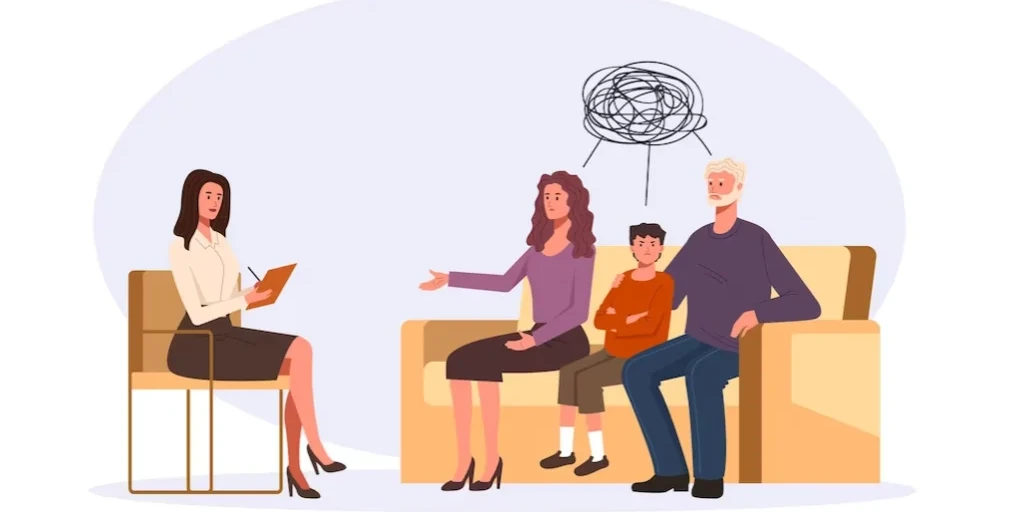24/7 Helpline:
(866) 899-221924/7 Helpline:
(866) 899-2219
Learn more about Aftercare Support centers in Cross Plains
Aftercare Support in Other Cities

Other Insurance Options

Aetna

Amerigroup

Multiplan

Premera

Providence

UnitedHealth Group

BHS | Behavioral Health Systems

Cigna

Ceridian

BlueShield

EmblemHealth

Oxford

Magellan Health
Beacon

Ambetter

Sutter

Meritain

Molina Healthcare

MHNNet Behavioral Health

Health Net






















